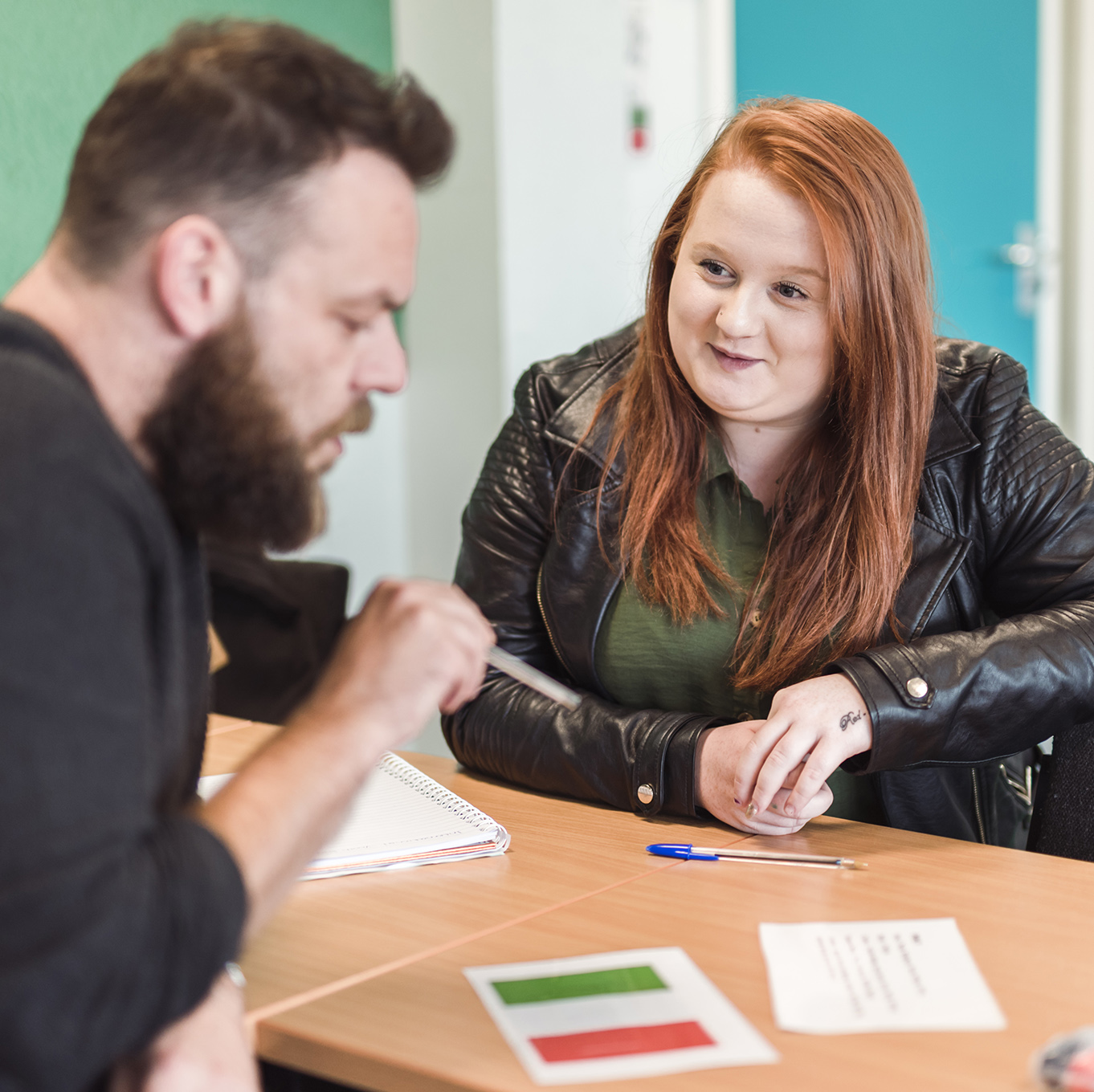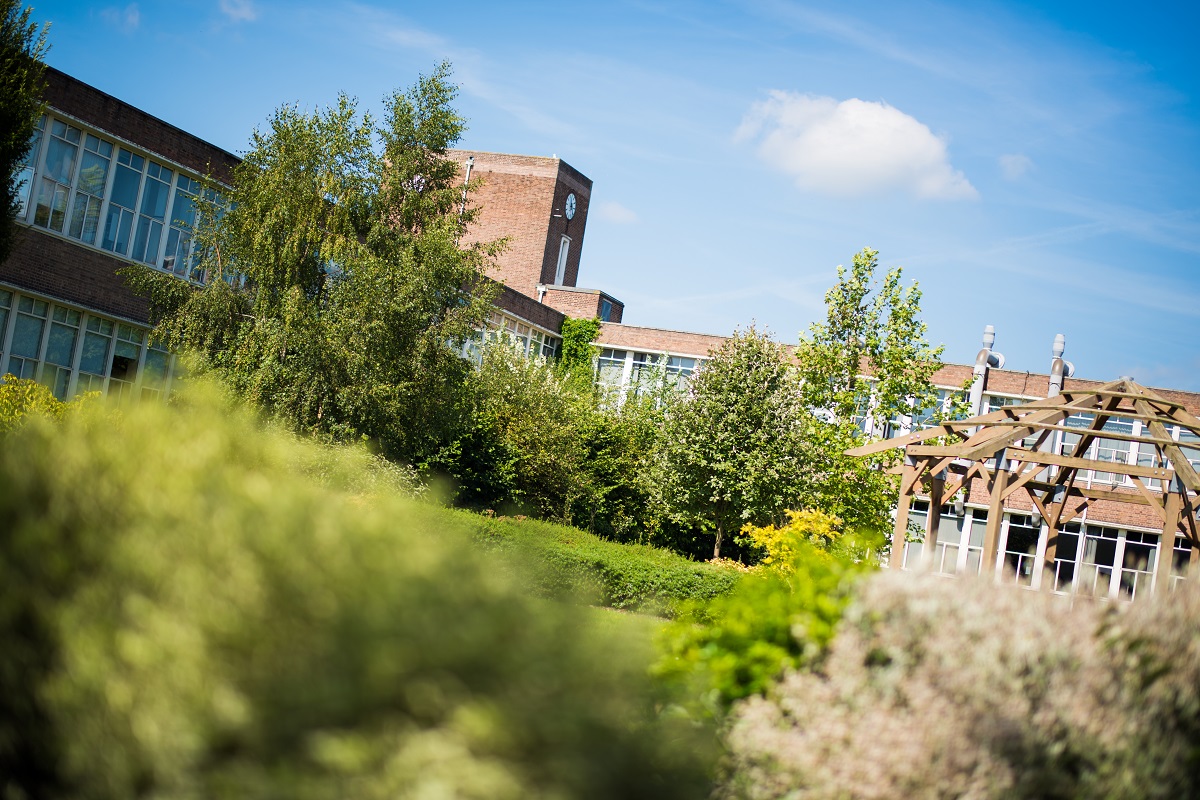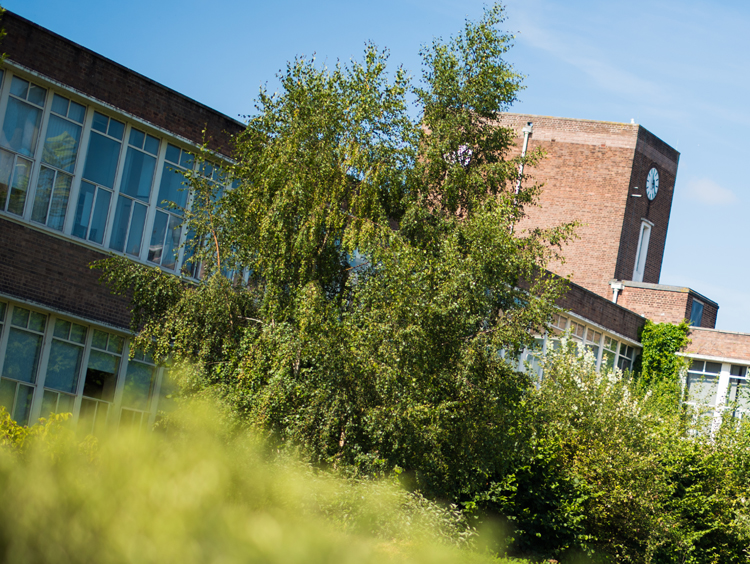Dip HE Health & Social Wellbeing

Course details
UCAS Code
207G
Year of entry
2026
Duration
2 YRS (FT) 4 YRS (PT)
UCAS Tariff
64
Institution Code
G53
Location
Wrexham
Why choose this course?
The course explores how we can help people to live happier and healthier lives. You will learn about what impacts the health and wellbeing of individuals, communities and societies, and about different solutions to address established and emerging issues.
You will:
- Develop a rounded understanding of the health, mental health and wellbeing of individuals and communities
- Engage in work-based placement opportunities
- Study a cutting-edge curriculum delivered by staff from a range of academic and professional backgrounds who are actively engaged in current research projects
- Benefit from strong links with local employers
- Have the opportunity to join a peer mentor scheme, allowing you to provide support from and to other students
- Engage in wider learning opportunities, such as guest speaker talks, conferences and whole programme sessions
*This course is part of a subject area ranked 1st in the UK for Student Satisfaction in the Health Studies subject area league table in the Complete University Guide 2026.
*This course is part of a subject area ranked top 10 in the UK for Graduate Prospects in the Health Studies subject area league table in the Complete University Guide 2026.
Key course features
- Apply theoretical and evidence-based knowledge to ‘real life’ situations.
- Involves 100 hours of work-based learning which you can tailor to your own area(s) of interest.
- Includes personal and professional development modules which help you to develop a full CV and key skills for employability.
- Uses a range of teaching methods including small group discussions, online learning materials and case studies to embed learning.
- Allows you to complete a top-up year to achieve the BSc (Hons) Mental Health and Wellbeing.
- Can be studied on a part-time or full-time basis.
What you will study
YEAR 1 (LEVEL 4)
This year involves establishing your understanding of key concepts in the field of health, mental health and wellbeing, as well as developing the skills for studying in Higher Education.
MODULES
- Study Skills and Personal Development: This module will enable you to develop key knowledge and skills for learning in Higher Education and working in health, mental health and wellbeing settings, as well as support them to set goals for personal, academic and professional development.
- Health of the Nation: State of Play: This module will introduce you to the ‘state’ of people’s health in local and national contexts, identifying common physical and mental health problems and their risk factors, as well as the sectors in which they are usually treated.
- Health, Wellbeing and the Body: This module will provide you with knowledge and understanding of the functioning of the body, including key health behaviours that help to maintain normal physiology, and the signs and symptoms of common physical and mental health problems.
- Health Inequalities and Social Justice: This module will enable you to recognise inequalities in health, mental health and wellbeing and understand your personal role in contributing to the social justice agenda.
- Key Concepts in Health, Mental Health and Wellbeing: This module will provide you with a grounding in key theoretical concepts needed to study public health, mental health and wellbeing, encouraging them to question common assumptions and develop a more reality congruent understanding of concepts and issues.
YEAR 2 (LEVEL 5)
This year consolidates and further develops your learning, helping you to expand and apply your knowledge, and to develop a toolbox of personal and professional skills for employment. You also complete 100 hours of work-based learning which allows you to explore an area of personal and professional interest.
MODULES
- Personal and Professional Development: This module will enable you to continue developing your personal, academic and professional skills and explore contemporary workplace issues such as emotional resilience, person-centred approaches and evidence-based practice.
- Health Behaviour across the Life Course: This module will provide knowledge and understanding of models and theories that explain human development and behaviour across the life course, and discuss their application to health, mental health and wellbeing-related behaviour.
- Mental Health and the Body: This module will explore the links between physical and mental health, including the relationship between lifestyle factors, preventable health problems and mental ill health.
- Preparing for Real World Research in Health: This module will provide you with knowledge and understanding of the nature of research, its value and place in the field of health, mental and wellbeing, and the research process.
- Strategies for Health Improvement and Promotion: This module will provide you with knowledge and understanding of established strategies for promoting and improving health, mental health and wellbeing, such as social prescribing, health education and a ‘settings approach’, as well as their application within specific populations.
- Policy and Practice in Public Health: The module aims to equip you with an understanding of public health policy and a range of skills required to deliver real-life health and wellbeing interventions using a person-centred and inclusive approach.
The information listed in this section is an overview of the academic content of the programme that will take the form of either core or option modules. Modules are designated as core or option in accordance with professional body requirements and internal academic framework review, so may be subject to change.
Entry requirements & applying
The general requirement for admission to the Diploma is 64 UCAS points at A level or equivalent – this includes relevant Access to Higher Education courses. Applicants should be able to demonstrate the emotional and psychological maturity to work with vulnerable people and the resilience needed to cope with the demands in this sector.
For students without the standard entry qualifications, it may be possible to take this course if you have additional life or work experience and can demonstrate an ability to engage with the academic challenges of the programme. Candidates without standard entry requirements may be invited to interview.
Applicants do not require a DBS for the programme, although a DBS may be required for work-based learning according to the requirements of the provider organisation.
Teaching & Assessment
You will be taught using a variety of active learning methods, including discussions, case studies, lectures, quizzes, and forums.
Assessments on this programme are varied, allowing you to develop and showcase a range of skills. They include portfolios, talks, essays, reflective writing, presentations, and an exam.
For each 20 credit module you will receive 36 active learning and teaching hours during year one (level four), and 30 hours at year two (level five), and will also be expected to complete independent study including key reading
The programme has strong links with the Learning Support services, to enable students to access a wide range of help to develop their skills for studying in higher education
TEACHING AND LEARNING
We offer workshops and support sessions in areas such as academic writing, effective note-making and preparing for assignments.
Students can book appointments with academic skills tutors dedicated to helping deal with the practicalities of university work. Our student support section has more information on the help available.
In terms of particular needs, the University’s Inclusion Services can provide appropriate guidance and support should any students require reasonable adjustments to be made because of a recognised prevailing disability, medical condition, or specific learning difference.
Career prospects
Our dedicated Careers and Employability team is committed to helping you achieve your professional goals. They provide personalised advice, useful resources, and extracurricular employability events to prepare you for the job market.
Graduates of this course can pursue careers in:
- Community health development
- Social prescribing
- Advocacy
- Health improvement
- Third sector project work
- Wellbeing advisor
- Health education
- Support work
- Befriending and peer support
- Workplace health and wellbeing
- School and college health and wellbeing services
Additionally, you may choose to further your expertise through postgraduate studies. Explore our postgraduate courses for more information.
Fees & funding
You do not have to pay your tuition fees upfront.
The fees you pay and the support available will depend on a number of different factors. Full information can be found on our fees & finance pages. You will also find information about what your fees include in the fee FAQs.
All fees are subject to any changes in government policy, view our undergraduate fees.
Accommodation
At Wrexham University, we offer on-campus en-suite rooms within our Wrexham Student Village. These private, fully furnished spaces are conveniently located, providing easy access to campus facilities, study areas, and social spaces. Plus, you’re just a 10-minute walk from the city centre!
With all bills included, free Wi-Fi, 24/7 security, and large social areas, you’ll find everything you need for a great student experience.
Explore our student accommodation options to find your perfect home away from home.
Upcoming Open Days.
Join us at an upcoming open day to meet your lecturers, find out more about our courses, discover our facilities and get a taste of student life.
Browse all of our open days & events.

.jpg)


